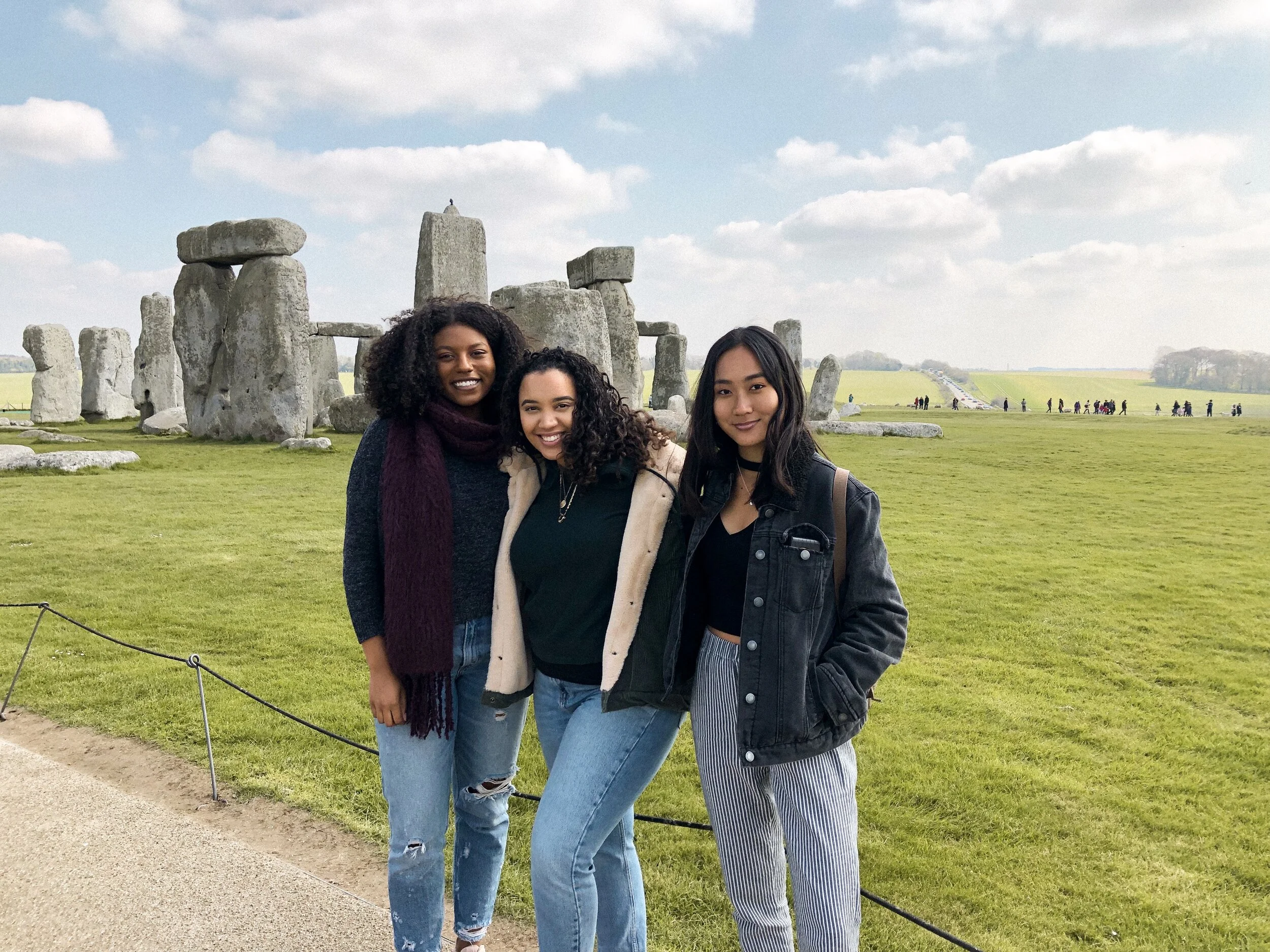England, United Kingdom













Thoughts at some point during my semester abroad.
February 24, 2019
In class, my professor talked about the legitimacy of guidebooks. Before the extent of globalisation, people travelling to foreign countries required some form of guide who spoke their language. Most of the time, these guides were foreigners to the countries they wrote about as well. Back during our discussions of “The Portrait of a Lady,” we talked about language being someone’s source of privilege — that it can incite ignorance and superiority. And since language is something a group of people have in common, it acts as a window into a particular culture.
Nowadays, I realize that I’ve been splurging on tour agencies that employ guides who speak my language. Although I have no other choice, unless to learn the local language, this is another form of cheapening my exposure to the elements that make up real culture. As a frequent weekend traveller, I am beginning to skim over a new place I visit by embarking on the simplest and least challenging learning journey. I learn about its history in my language and order some food in my language, then I move on.
February 25, 2019
Back in January, I had the privilege of watching Don Quixote in theatres. This was the first and only three hour long play I had seen, in my entire life, that had kept me engaged from beginning to end. And after today’s lesson, I think I’ve figured out why. In class, we talked about the narrative voice being a separate entity that triumphs the choices of the story’s characters. It engages with its readers or audience, in no other way the author or characters are able to. This is because the narrative voice exists in a sphere outside the context of the story. In Don Quixote, Cervantes, who assumes his authority as the narrative voice, uses multiple layers of narration — effectively engaging with the audience by guiding us through events by remaining third person omniscient and sometimes even breaking the fourth wall. In the play, the narrative voice takes the form of a real person. With this physical representation, I was able to follow along with the narrative easily and was constantly engaged.
March 29, 2019
There is nothing like a warm sunny day at Hyde Park, blasting whatever the hell you want to listen to, competing with all the other little groups of people doing the exact same thing. Competing to see who can be the loudest and most obnoxiously alive.
April 10, 2019
I went on a school trip to Stonehenge. According to my dad who had visited the UNESCO world heritage site when he was my age, Stonehenge was “just a bunch of rocks.” For some reason, I was determined to see beyond his judgement. So I went to Stonehenge, picked up an audio guide, and as my talking device droned on and on about the 75 stones standing upright in front of me, I thought: “yeah, dad was right.” At Stonehenge, we just so happen to make up the same kind of audience.
April 18, 2019
In class, I learned that the origins of the Odyssey have not yet been determined. Over the years, no single person on this planet has stopped searching for more clues that would lead us to uncover more history behind the epic. As evidenced from legitimate sources that have surfaced overtime, the determination to keep looking and discovering, mirrors the efforts of the epic’s main protagonist, Odysseus, to go home.
April 20, 2019
There are different ways to teach a lesson. While on an interactive tour in the secret wartime tunnels of Dover Castle, the narrative voice addressed us, the visitors, as if we were military personnel, giving us a role as “comrades” to obey instructions inside the tunnel — which were essentially to listen carefully to it (the voice). I found this method of teaching quite interesting as it not only guided us through historical events, but it made us feel as if we were the ones living through history. Another order of teaching that I find effective is the one that my professor uses in class to teach the origins of the Odyssey. He kept the class guessing as he implored further and further into history, eventually concluding that the Odyssey does not stem from one place or person of origin, but from a collection of voices in different geographies.

































